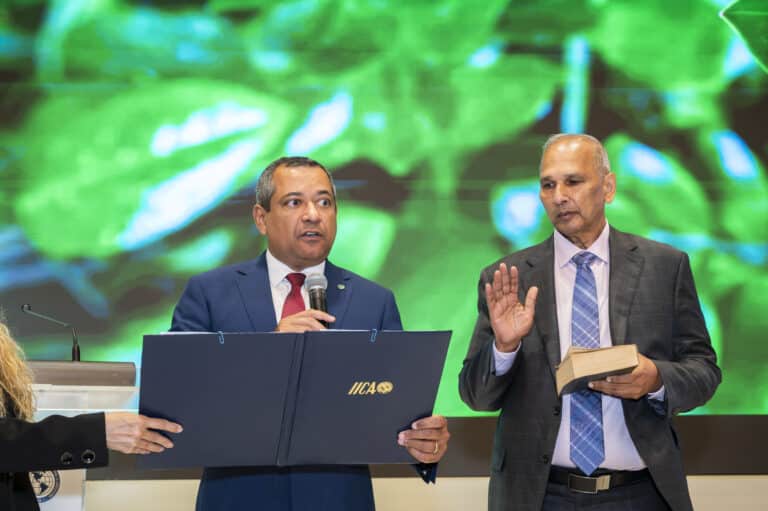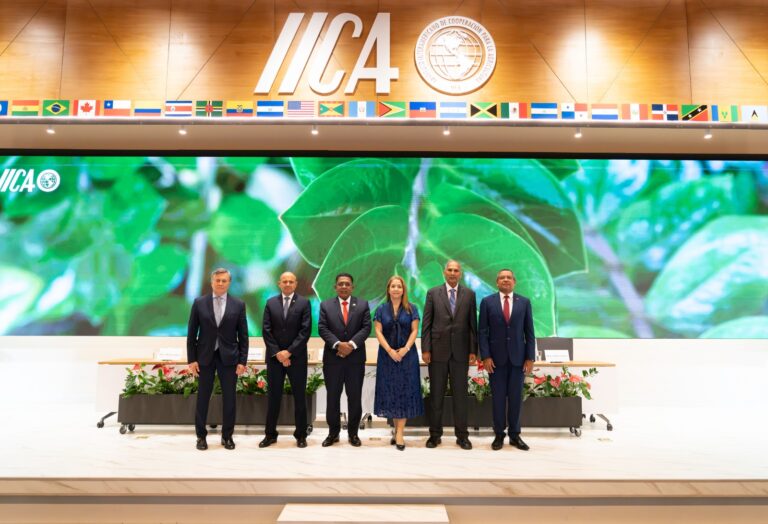Technical training is part of a program by the Mexican Secretariat of Agriculture that seeks to strengthen the agricultural sector in Central America and the Caribbean.
San Jose, July 1, 2015 (IICA). 77 representatives of rural tourism organizations in Haiti, including an association of women artisans, participated in a training event led by Mexican specialists as part of a support program for the Caribbean agricultural sector, driven by the General Secretariat of Agriculture, Livestock, Rural Development, Fisheries and Food (SAGARPA) of Mexico and the Inter-American Institute for Cooperation on Agriculture (IICA).

The program, entitled “Capacity Building for the Development of Agriculture in Central America and the Caribbean”, has helped to identify potential rural tourism projects that could trigger the development of rural communities in Haiti and serve as a model for Caribbean rural development.
These training events took place from June 17 to 27 in various tourist areas in Haiti, including Jacmel, Aquin and Vallue, and were organized with support from the Ministries of Tourism and Agriculture of Haiti, IICA, and the Postgraduate College of Mexico.
Through SAGARPA, the Mexican Government has committed to supporting Haiti throughout the second phase of the program in 2015, which involves training. The first course on rural tourism was taught in Les Cayes in November of 2014.
The training that recently ended was taught by two Mexican specialists from the Córdoba Campus of the Postgraduate College, Roselia Servín Juárez and J. Cruz García. It included the participation of representatives from organizations related to rural tourism in Haiti, including the Association of Peasants of Vallue (APV), the Agro-artisan Cooperative of Women in Action (COOPAAFA), the Delices Tropicales enterprise, FONDTAH Foundation and the Experience Jacmel tourism association, among others.
Representatives from the Ministries of Tourism and Agriculture of Haiti also participated.
The instructors invited the Haitian entrepreneurs to join the Master’s program in Rural Landscape and Tourism of the Postgraduate College of Mexico, where they can continue their training and help develop tourism in the rural areas of their country.
More information:
franklin.marin@iica.int











